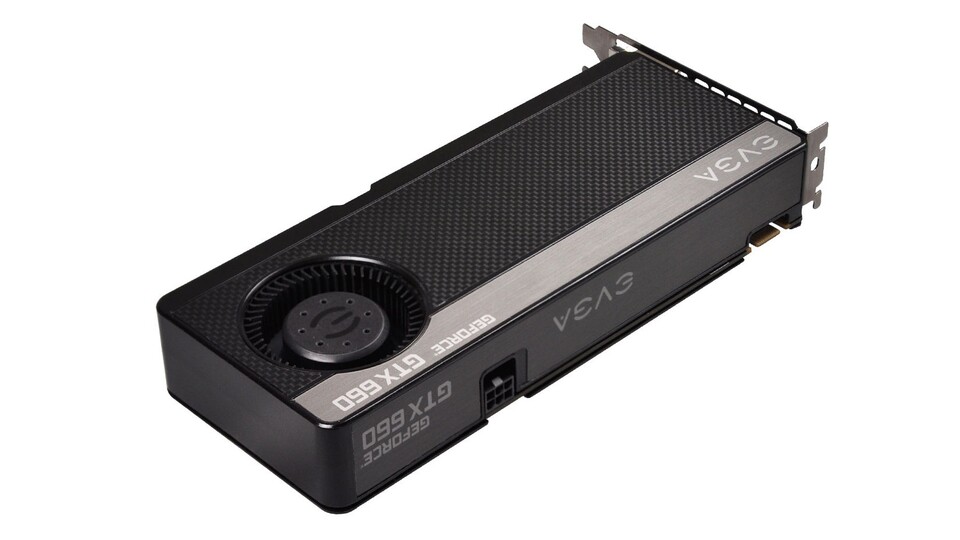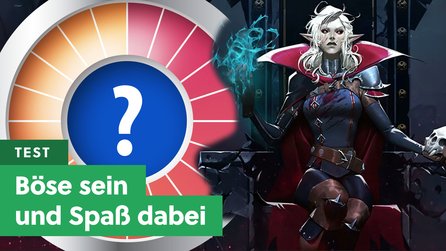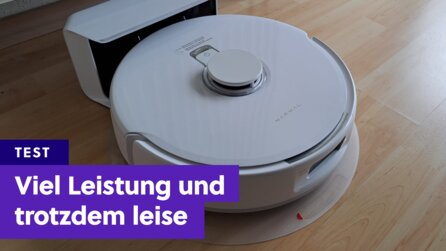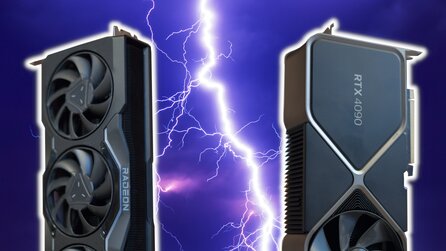Lautstärke und Stromverbrauch

EVGA setzt auf den Referenzkühler von Nvidia, dementsprechend durchwachsen fällt das Fazit zu Lautstärke und Temperaturentwicklung aus. So liegen die Temperaturen mit maximal 77 °C unter Last gerade noch so im grünen Bereich, die gemessene Lautstärke von 1,9 Sone ist zwar ordentlich, aber alles andere als richtig gut. Denn Konkurrenzkarten wie die Zotac Geforce GTX 660 (1,6 Sone) oder die flüsterleise MSI Geforce GTX 660 Twin Frozr III (0,5 Sone) zeigen, dass es auch besser geht.
Durch die leichte Übertaktung, steigt auch der Stromverbrauch minimal an. So verschlingt unser komplettes Testsystem in Spielen rund 260 Watt, das sind gut neun Watt mehr als mit einer GTX 660 mit Standard-Takt. Noch wichtiger aber: Eine schnellere Radeon HD 7870 benötigt trotzt höherer Leistung weniger Energie, so zieht unser Testsystem mit der AMD-Karte gut 257 Watt aus der Steckdose.
Lautstärke
in Sone
- Volllast
- Leerlauf
- 0,0
- 1,4
- 2,8
- 4,2
- 5,6
- 7,0







Nur angemeldete Benutzer können kommentieren und bewerten.
Dein Kommentar wurde nicht gespeichert. Dies kann folgende Ursachen haben:
1. Der Kommentar ist länger als 4000 Zeichen.
2. Du hast versucht, einen Kommentar innerhalb der 10-Sekunden-Schreibsperre zu senden.
3. Dein Kommentar wurde als Spam identifiziert. Bitte beachte unsere Richtlinien zum Erstellen von Kommentaren.
4. Du verfügst nicht über die nötigen Schreibrechte bzw. wurdest gebannt.
Bei Fragen oder Problemen nutze bitte das Kontakt-Formular.
Nur angemeldete Benutzer können kommentieren und bewerten.
Nur angemeldete Plus-Mitglieder können Plus-Inhalte kommentieren und bewerten.